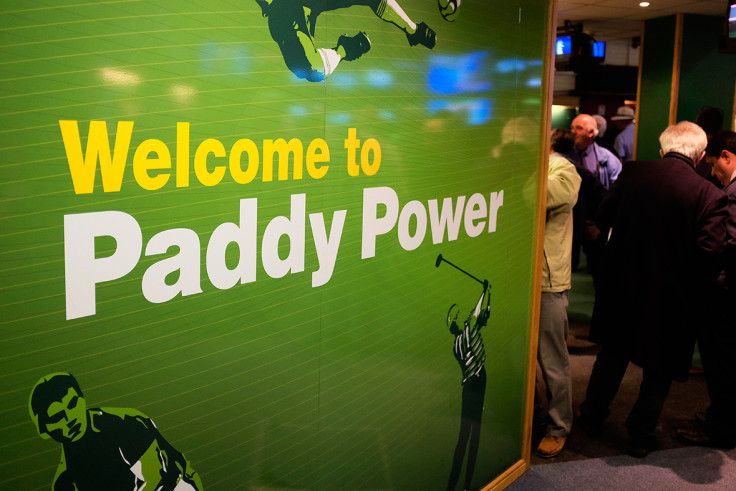Ex-Paddy Power chief lobbied against 'crack cocaine of gambling' betting terminals
Stewart Kenny reportedly said the fixed-odds betting terminals were exploitative.

The founder of Britain's biggest bookmaker secretly lobbied against the fixed-odds terminals that generates half of his industry's profits, saying they were so addictive they exploited younger, poorer gamblers.
Stewart Kenny, who co-founded Paddy Power, from which he resigned as a board member in August 2016, said the FOBTs, were "the crack cocaine of gambling" and warned the UK government was "as addicted to the tax revenue as vulnerable customers are to losing money in them", The Times reported.
The Association of British Bookmakers denies FOBTs, which allow punters to bet on electronic casino games such as roulette, are more addictive than other gambling. In the past year bookmakers made £1.75bn from FOBTs, providing tax revenues of £438m.
But in a 2009 submission to the Irish government which was consulting on whether to legalise the terminals, Kenny said that due to the speed of the game, the machines were more addictive than other forms of gambling because it allowed winnings to be re-gambled almost immediately, giving punters little time to contemplate their actions.
He also said that regular near-misses encouraged people to play again, while the sounds, bright colours and movement enticed people.
"Let us learn from the mistake in the UK of allowing them into betting offices, once they are in it is impossible to get rid of them or even curb their more addictive elements," he said, effectively . The Irish government did not legalise the machines.
Chairwoman of the all-party parliamentary group on FOBTs, Carolyn Harris, told The Times: "This admission is refreshing. The gambling industry should not be encouraging people to get involved with something that they know carries a high risk of them losing all their money and in many cases their sanity because the addiction is driving them to desperate levels."
The government is consulting on the future of the machines, with campaigners demanding that the maximum stake is cut from £100 to £2. Ministers are expected to make a decision in the New Year.
© Copyright IBTimes 2025. All rights reserved.






















